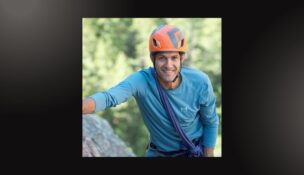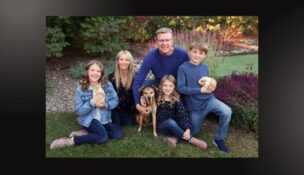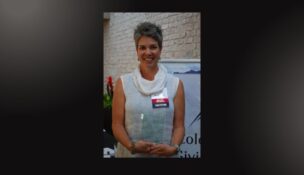These 5 CEOs Are Launching Colorado’s Start Up Sector to New Heights
These five innovators and their startups appear primed for commercial breakthroughs in 2024 and beyond.
Eric Peterson //January 1, 2024//


These 5 CEOs Are Launching Colorado’s Start Up Sector to New Heights
These five innovators and their startups appear primed for commercial breakthroughs in 2024 and beyond.
Eric Peterson //January 1, 2024//
Colorado’s able and ample talent pool, central location and quality of life make it a hotspot for commercial innovation. Here’s a look at some of the entrepreneurs whose developments are enhancing lives and providing livelihoods in Colorado and beyond.
READ: Starting Your Colorado Business at Home — A Guide to Successful Homepreneurship
Andrea Guendelman
Founder and CEO: Speak_
Boulder, Colorado
Webiste: www.speak.careers
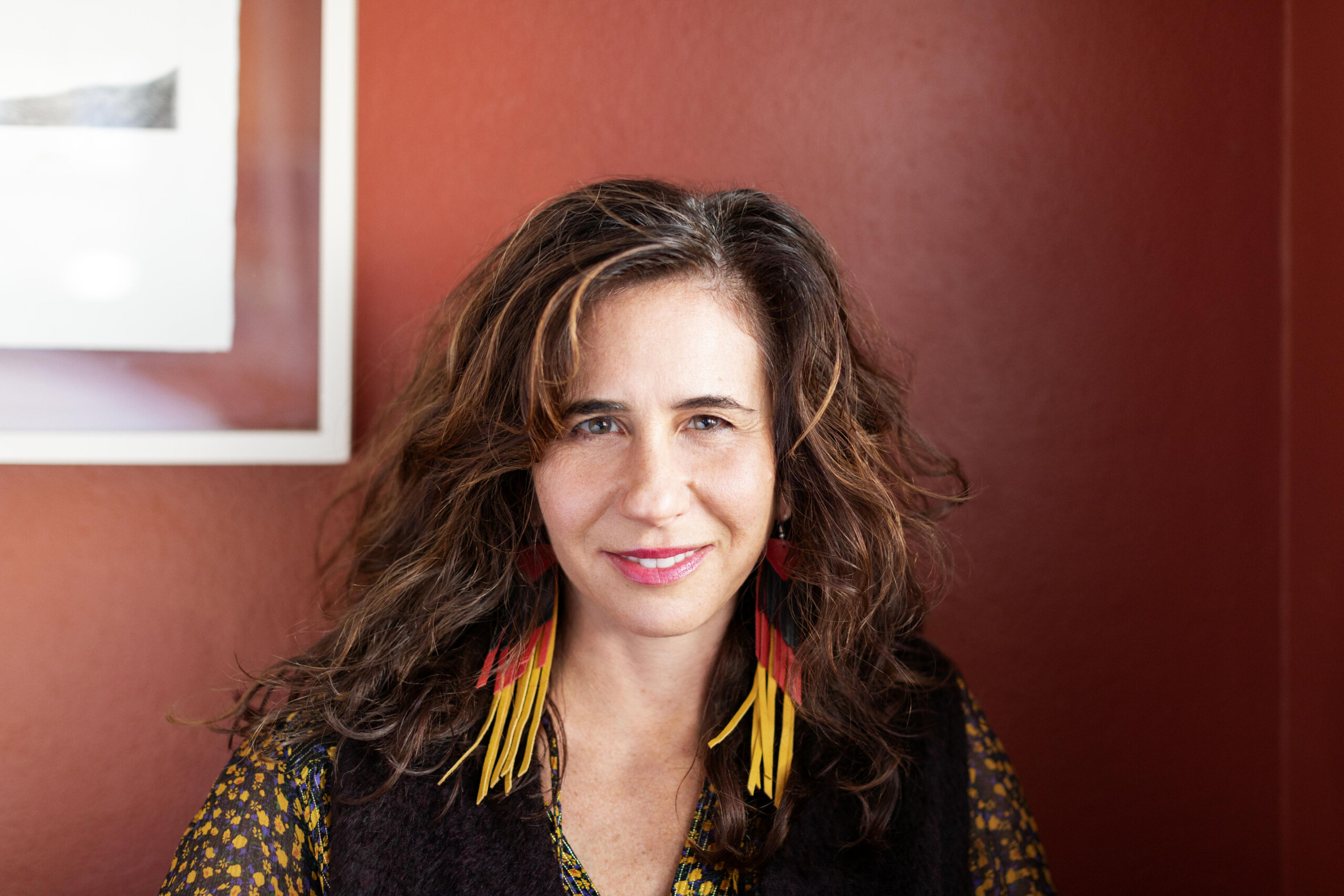
Before starting Speak_, Guendelman, 51, worked as a lawyer, then launched BeVisible, a startup focused on diversity, equity and inclusion initiatives, in 2015. She sold BeVisible in 2018, and her next startup, Wallbreakers, evolved into Speak_ in 2021.
Wallbreakers began as a fairly traditional recruiting agency. When rising layoffs slowed the pace of placement, Guendelman took the time to develop a product to fill what she saw as a void in the HR solutions market: a tool focused on the interview process.
Launched in November, the resulting Speak_ platform helps both candidates and employers with interviews. “It’s helping the recruiting-engagement process,” Guendelman says. “The candidates are frustrated with the company not being very good at setting expectations. And at the same time, there’s a huge move for transparency, like pay transparency.”
READ: Fake Flex — The Underlying Risks of Misleading Job Postings and Recruiting
Speak_ aims to improve the process by setting clear expectations for candidates while helping companies better connect with them during the hiring process. “We’re trying to help companies make the process more transparent so that the best candidates that are best qualified get the job,” Guendelman says. “The most expensive part of the recruiting process is this really leaky pipeline because of the lack of engagement.”
With three full-time employees bolstered by a team of consultants, Speak_ launched its platform with 10 customers, including Ripple, Roblox and LTSE. Guendelman says 2024 will be all about sales, seed fundraising and integrating the platform with other HR software tools.
“The lesson is patience,” Guendelman says on what she’s learned as an entrepreneur. “It’s unusual — very, very unusual — that you get it right early.”
Melanie Fellay
Co-Founder and CEO: Spekit
Denver, Colorado
Website: www.spekit.com
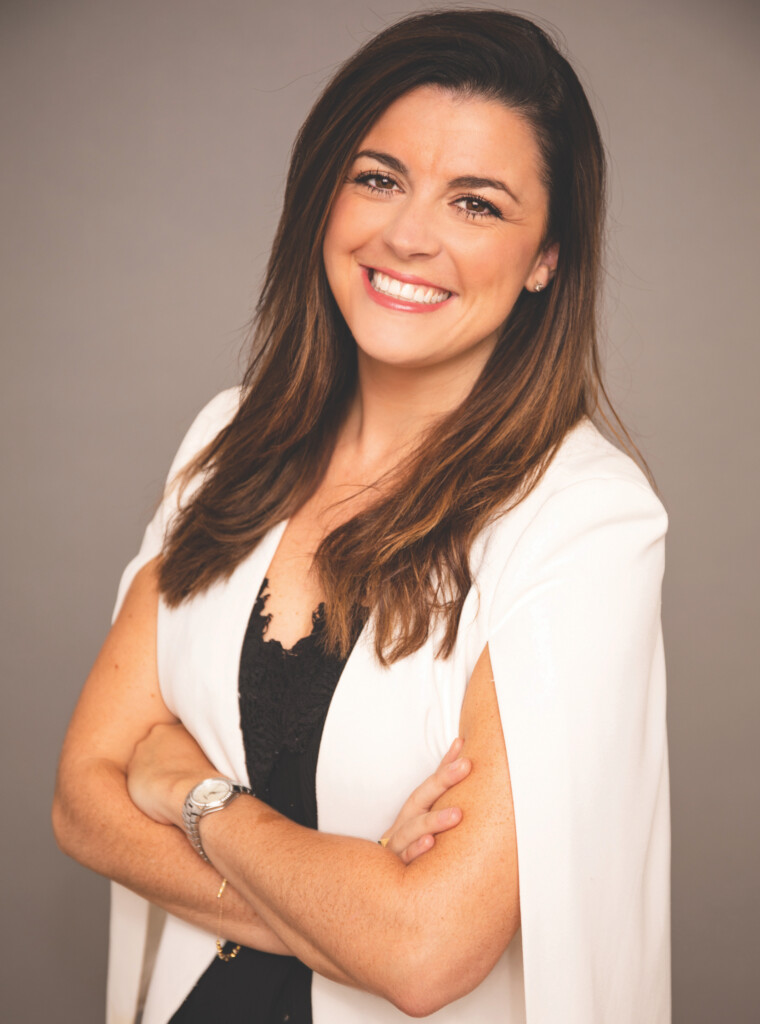
Fellay, 31, co-founded Spekit in 2018 with Zara Zahri to rethink employee training and knowledge management.
Her inspiration came from a previous employer’s installation of Salesforce. “It was just a giant disaster,” she says. “No one was using it properly.”
Fellay helped correct course, then set out to buy a platform that would avoid the same pitfall. “I spent about six months looking at a ton of different solutions on the market,” she says. “It’s crazy to me that there’s all these different solutions out there but they only solve one small piece of the problem.”
With Spekit, she incorporated knowledge-management, training and digital adoption tools into a single platform. Five years and $60 million of fundraising after its launch, the company has about 100 employees and serves a wide variety of customers, including Southwest Airlines and Uber.
Spekit’s platform weaves training and knowledge into a wide range of internal-facing tools. “What makes us really unique is that we utilize different extensions … that basically brings that same content and embeds it in the tools where that information is needed,” Fellay says. “For example, your sales processes are embedded inside of your Salesforce opportunities; your prospecting guidance and messaging is embedded in LinkedIn or Outreach.”
The product will continue to evolve in 2024. “Next year, we’re really going to be leaning into AI and recommendations,” Fellay says. “How do we get smarter and smarter at recommending the right content at the right time to employees to make them more productive?”
Any words of wisdom for fledgling entrepreneurs? “It’s a long journey,” Fellay says. “Don’t give up too quickly. And trust your gut — your instincts are almost always right.”
Doug Chapnick
Founder and CEO: BioLoomics
Boulder, Colorado
Website: www.bioloomics.com
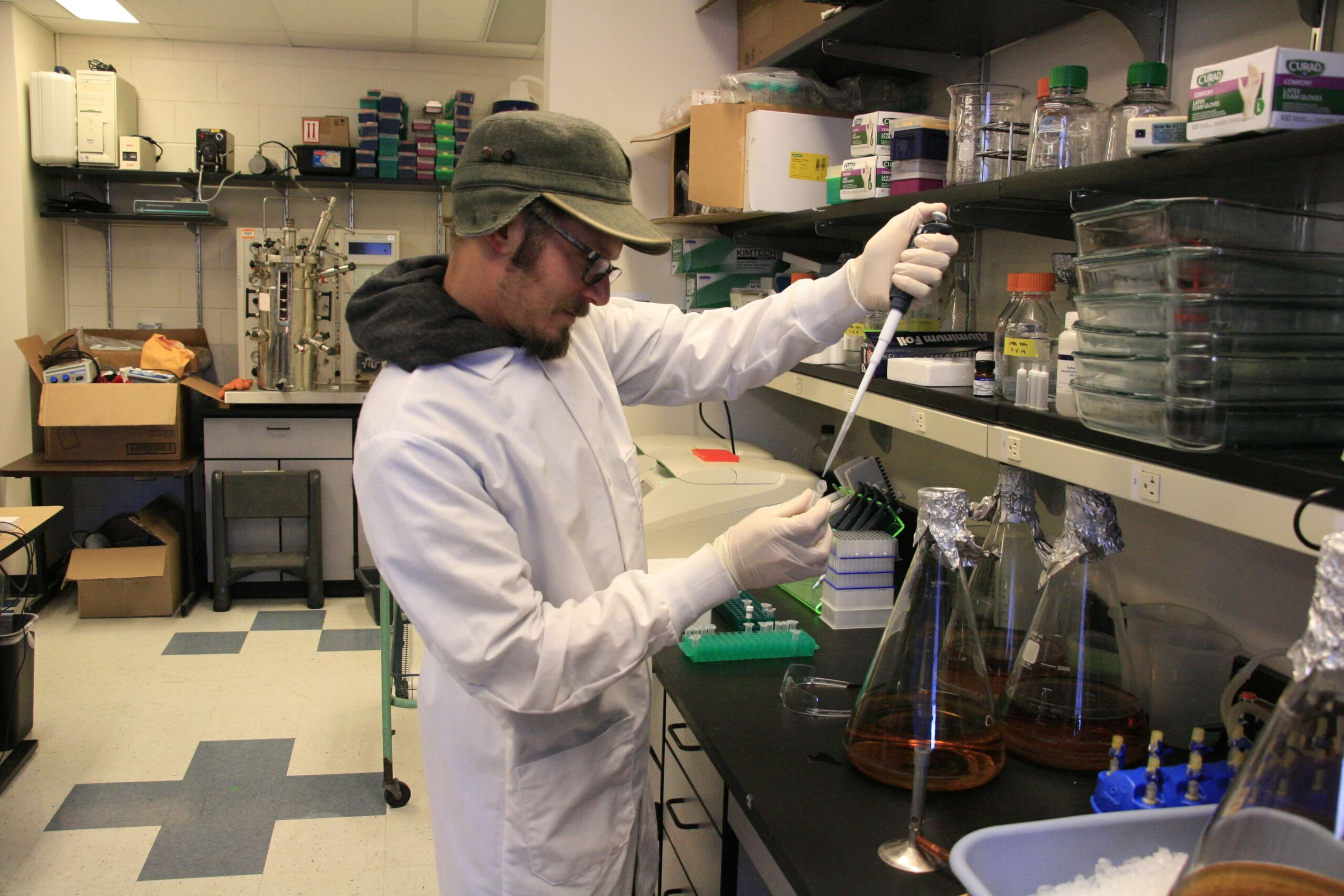
The seed for BioLoomics was planted circa 2012 when Chapnick, 41, and co-founder Jeremy Jacobsen collaborated on the DARPA Rapid Threat Assessment project at the University of Colorado Boulder. Pivoting from bioterrorism to pharmaceutical development, the pair launched BioLoomics with Ted Kee in 2019.
“Essentially, the DARPA project taught us how to do this synthetic biology, a bit of the robotics and a lot of the programming behind what BioLoomics does today,” Chapnick says. “We applied the expertise that came out of that project to build the technology that we use today.”
BioLoomics’ technology integrates synthetic biology, AI-guided robotic cell picking and machine learning into a huge leap in the pace of drug discovery. “It can screen 10 million antibody designs in just a few hours,” Chapnick says, noting that legacy technology typically tests 96 designs at a time. “We’re roughly 10,000X legacy.”
Subsequent to an $8.7 million seed funding round in September, the 12-employee company is focused on providing services to the pharmaceutical industry, but the long-term plan is to develop drugs in-house. “The next phase of the company is to validate the platform with large pharma deals,” Chapnick says. “And all the while in the background, we’re pushing our own internal programs.”
Colorado is a great location for the company due to talent and ease of recruitment, he adds. “An ecosystem is growing to handle the capacity that we have now. But there’s also people moving from the hubs, which are mostly San Francisco and Boston.”
Chapnick’s advice for aspiring entrepreneurs: “I would actually encourage budding entrepreneurs to really choose wisely who they’re taking advice from, because you really want to learn from somebody who has already walked the walk.”
Craig Hering
Co-Founder and CEO: Suite
Boulder, Colorado
Website: www.suitestudios.io
Hering, 28, co-founded Suite in 2021 with Chief Product Officer Jay Maxwell and his brother and CTO, Mike Hering, after “night-shifting” for about a year.
Previously working at a creative studio in Miami, Craig says the amount of data could get overwhelming. The amount of uploading and downloading required led to the reliance on snail mail. “We were probably shipping like 20, 30 hard drives a day to different end users, creatives around the country, with sticky notes, the whole nine yards, closets full of drives,” he remembers. “And this wasn’t in 2002, this was four years ago.”
With Suite, users “can just work with [files] directly off the cloud,” Craig says. “When you sign into Suite, you have immediate access to your files; you don’t need to download the entire folder before you actually start working. You can just drag them into whatever tools you’re using, and then just be on your way, which is pretty impactful for creative teams.”
Now 11 employees, the company launched its Suite Storage and Suite Studio products out of beta in summer 2023. Customers include “Hollywood-type teams” alongside small video production firms and corporate creative departments, Craig says.
Following pre-seed and seed rounds totaling $4.5 million, Suite will likely initiate a Series A in late 2024. Until then, Craig says the focus is on sales and marketing and honing the product.
The move from Miami to Boulder to start the company is paying off. “There’s a lot of really good engineering minds in Boulder and Denver,” Craig says. “We have some very fun, challenging problems to solve here at Suite, so we need that talent.”
Jack Roswell
Co-Founder and CEO: Perennial
Boulder, Colorado
Website: www.perennial.earth

Roswell, 25, met his co-founders David Schurman and Alex Zhuk at Brown University in Rhode Island. The trio founded Perennial in 2018 with a vision of decarbonization via agriculture. The 30-employee company has since closed on about $25 million in venture funding from such investors as GenZero and the Microsoft Climate Action Fund.
“We saw that the world was decarbonizing, and so we recognized that there was a massive problem within the agriculture industry,” Roswell says. “The only way to actually track the most important metric, which was how much carbon was stored in agricultural soils, was through physical sampling.”
READ: Becoming a Zero-Emissions State — How Alternative Fuels Are Transforming Transportation in Colorado
Perennial bolsters physical sampling with remote sensing and machine learning to create a much more detailed map of carbon in the soil. “Agricultural soils used to hold 3 percent carbon and now they’re down to about 1 percent,” Roswell says. “That deficit represents about a trillion tons of atmospheric carbon that could be stored in agricultural soils.
“What we need to do is incentivize farmers to farm in a more conventional way, for example, not tilling the soil, injecting seeds in the soil, reducing fertilizer, planting cover crops in the offseason.”
To do this, the key is good data, he adds, exactly the premise behind Perennial’s platform for measurement, reporting and verification (MRV) for soil carbon projects. Customers aren’t the farmers themselves, but their suppliers and customers. “All of these companies are trying to reduce our emissions,” Roswell says. “They can only reduce so much within their supply chain.”
The business model ultimately gives farmers the opportunity to sell carbon offsets. Roswell says Perennial’s long-term mission is to “create actual pathways for food companies to pay farmers for farming in a regenerative manner.”
 Denver-based writer Eric Peterson is the author of Frommer’s Colorado, Frommer’s Montana & Wyoming, Frommer’s Yellowstone & Grand Teton National Parks and the Ramble series of guidebooks, featuring first-person travelogues covering everything from atomic landmarks in New Mexico to celebrity gone wrong in Hollywood. Peterson has also recently written about backpacking in Yosemite, cross-country skiing in Yellowstone and downhill skiing in Colorado for such publications as Denver’s Westword and The New York Daily News. He can be reached at [email protected].
Denver-based writer Eric Peterson is the author of Frommer’s Colorado, Frommer’s Montana & Wyoming, Frommer’s Yellowstone & Grand Teton National Parks and the Ramble series of guidebooks, featuring first-person travelogues covering everything from atomic landmarks in New Mexico to celebrity gone wrong in Hollywood. Peterson has also recently written about backpacking in Yosemite, cross-country skiing in Yellowstone and downhill skiing in Colorado for such publications as Denver’s Westword and The New York Daily News. He can be reached at [email protected].









